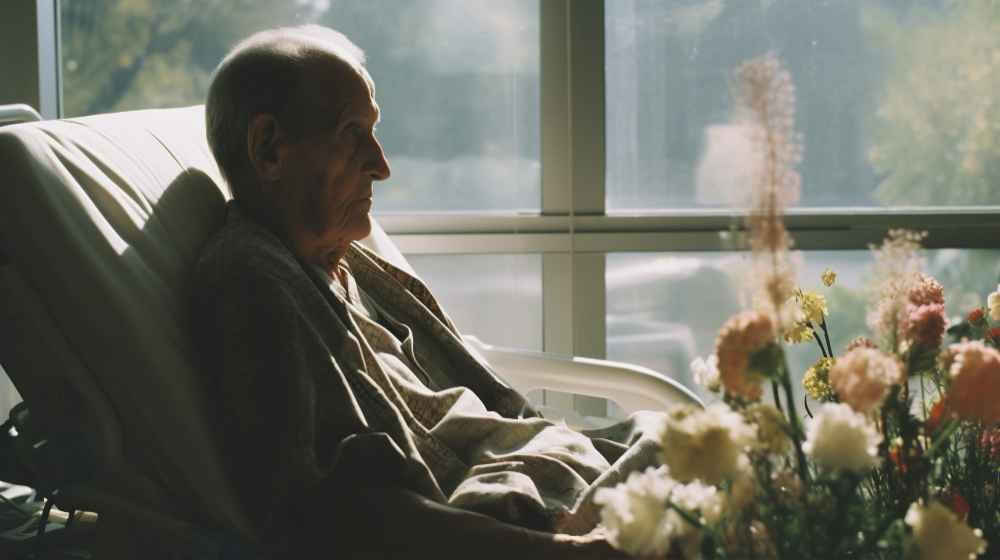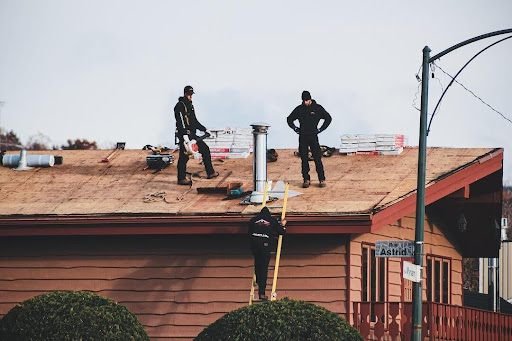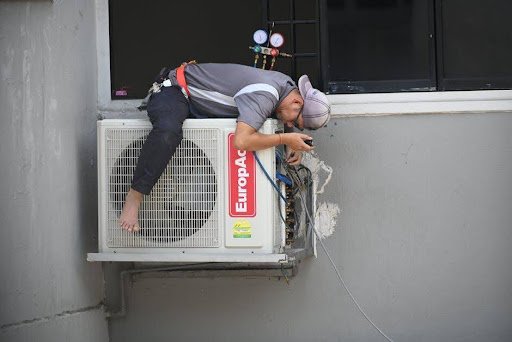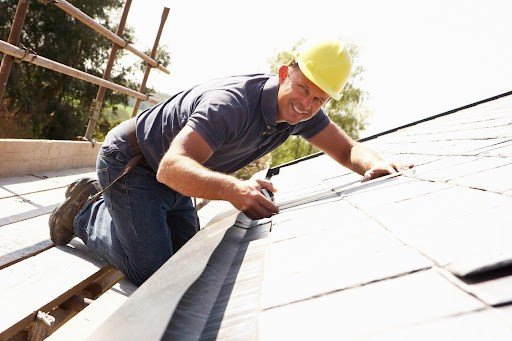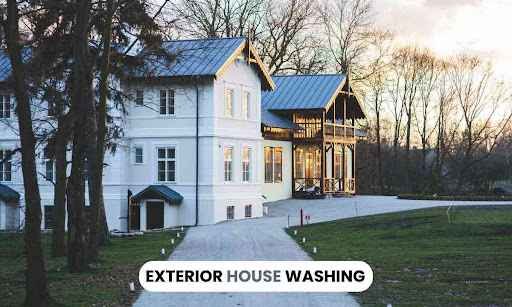When people think about the challenges of getting older, they usually focus on the obvious stuff. Things such as needing glasses, moving a bit slower, or maybe dealing with aches and pains that weren’t there before. But there’s something most people don’t talk about enough, and it’s actually way more dangerous than anyone realizes. Living alone after 65 comes with some serious health risks that can sneak up on people without warning.
The Medication Problem Nobody Talks About
One of the biggest issues that happens when seniors live alone is medication mistakes. This sounds simple, but it’s actually pretty scary when you think about it. Most people over 65 take at least four different medications every day. Some take way more than that. When someone lives alone, there’s nobody around to help them keep track of all these pills.
People forget doses, take the same pill twice, or mix up their morning and evening medications. Sometimes they stop taking something because they feel better, not realizing that the medicine is what’s making them feel good in the first place. Blood pressure medication, heart pills, and diabetes medicine can cause serious problems if they’re not taken correctly. Without someone around to notice these mistakes, people can end up in the emergency room or worse.
When Small Falls Become Big Problems
Falls are another huge risk for people living alone. Sure, everyone falls sometimes, but when you’re older and there’s nobody around, a simple trip can turn into a life-threatening situation. About one in four people over 65 falls every year, and many of these falls happen at home.
The real problem isn’t just the fall itself. It’s what happens afterward. If someone falls and can’t get up, they might lie there for hours or even days before anyone finds them. This can lead to dehydration, hypothermia, or infections from cuts that don’t get cleaned properly. Many families find that having access to Home Care Services in Philadelphia or similar support in their area helps reduce these risks significantly by ensuring someone checks in regularly.
Even small injuries can become major health problems when they’re not treated right away. A cut that would normally just need a bandage can get infected and require antibiotics or even hospitalization if it’s ignored for too long.
The Silent Health Changes
Living alone also means there’s nobody around to notice when health problems start developing. Family members or friends who see someone regularly are usually the first to spot changes. They might notice that someone seems more confused than usual, is losing weight, or just doesn’t seem right somehow.
When people live alone, these changes can go unnoticed for months. By the time the person realizes something’s wrong, or by the time a doctor sees them during a routine visit, the problem might be much more serious than it would have been if caught early. Things such as memory problems, depression, or even physical issues can progress much further when nobody’s around to point them out.
The Emergency Situation Nightmare
Medical emergencies become much more dangerous when someone lives alone. Heart attacks, strokes, and diabetic episodes all require immediate medical attention. But if nobody’s around to call 911 or notice that something’s wrong, precious time gets wasted.
Sometimes people having medical emergencies can’t reach the phone or are too confused to call for help. By the time someone finds them, it might be too late to prevent permanent damage. Even if they survive, the delay in getting treatment often means a much longer and more difficult recovery.
The Food and Nutrition Problem
Eating well becomes harder when people live alone. Shopping for groceries gets more difficult, especially if driving becomes a challenge. Cooking for one person can feel pointless, so many seniors end up eating the same few easy meals over and over, or they rely too heavily on processed foods.
Poor nutrition weakens the immune system and makes it harder for the body to fight off infections or heal from injuries. It also makes chronic conditions such as diabetes and heart disease worse. Without someone around to help with meal planning and preparation, many seniors slowly develop malnutrition without even realizing it.
Social Isolation and Mental Health
Living alone often leads to loneliness, and loneliness is actually bad for physical health, not just mental health. Studies show that people who feel isolated have higher rates of heart disease, depression, and cognitive decline. They also tend to have weaker immune systems and heal more slowly from illnesses or injuries.
When people don’t have regular social contact, they’re more likely to develop depression or anxiety. These conditions can make existing health problems worse and make it harder to take care of themselves properly.
The Memory and Safety Concerns
As people age, small memory issues can become safety hazards when nobody’s around to help. Forgetting to turn off the stove, leaving doors unlocked, or getting confused about whether they’ve taken their medication can all lead to dangerous situations.
Some people start having trouble managing their finances, making them vulnerable to scams or simply forgetting to pay important bills. Without family or caregivers checking in regularly, these problems can spiral out of control quickly.
Making Smart Choices for Health and Safety
The good news is that these risks don’t mean people have to give up their independence or move to a nursing home. There are lots of ways to stay safe while still living at home. Regular check-ins from family, friends, or professional caregivers can catch problems early. Medical alert systems can help during emergencies. Meal delivery services can help with nutrition.
The key is recognizing that living completely alone after 65 comes with real risks that need to be addressed. Families who plan ahead and put support systems in place can help their loved ones stay safe and healthy in their own homes for much longer. It’s not about taking away independence – it’s about making sure independence doesn’t come at the cost of health and safety.
These hidden health risks are serious, but they’re also preventable with the right planning and support. The most important thing is starting these conversations before problems develop, not waiting until after something bad happens.

